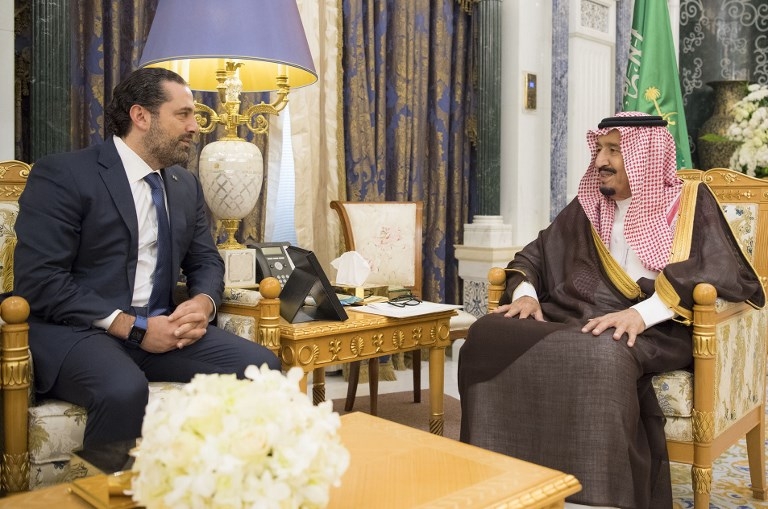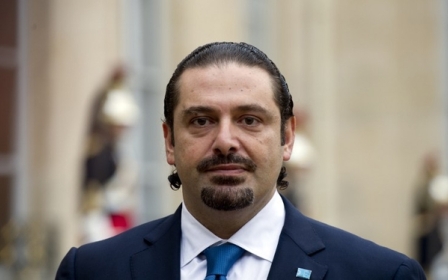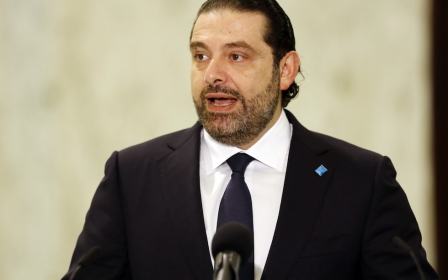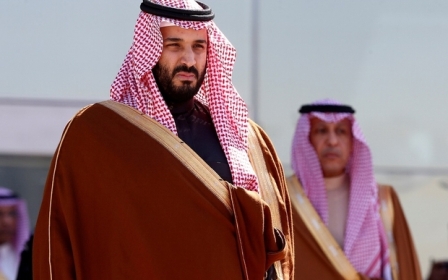Saudi king hosts Lebanese PM Saad al-Hariri after shock resignation

Saudi King Salman received former Lebanese Prime Minister Saad al-Hariri in Riyadh on Monday following his resignation, Saudi media reported.
Hariri announced his resignation on Saturday from Riyadh, saying he believed there was an assassination plot against him and accusing Iran, Saudi Arabia’s arch-rival, and its Lebanese ally Hezbollah of sowing strife in the Arab world.
“King Salman met the resigned Lebanese prime minister Saad al-Hariri a short while ago,” a presenter on Saudi-owned al-Arabiya television said.
Hariri’s resignation toppled a coalition government that included Shia Muslim group Hezbollah, thrusting Lebanon back into the frontline of the Saudi-Iranian regional rivalry and risking an open-ended political crisis.
State news agency SPA carried pictures of Hariri and King Salman greeting each other and then sitting together in a palatial setting.
Hariri’s surprise resignation in a televised speech aired on al-Arabiya TV had drawn criticism and was met with controversy in Beirut. Some have even questioned whether Hariri’s resignation was voluntary.
Meanwhile, Lebanon’s president stressed that stability is a “red line” after the shock resignation, Justice Minister Salim Jreissati said on Monday after meeting the president.
Jreissati also said on Monday that Lebanon’s president would not take any steps regarding Hariri’s resignation before Hariri returns from abroad, stressing that “the resignation must be voluntary”.
President Michel Aoun convened a meeting with ministers and top security officials at the Baabda palace on Monday to assess the security situation.
Aoun told them political leaders had been responsive to calls for calm, strengthening security and national unity, his office said.
Middle East Eye propose une couverture et une analyse indépendantes et incomparables du Moyen-Orient, de l’Afrique du Nord et d’autres régions du monde. Pour en savoir plus sur la reprise de ce contenu et les frais qui s’appliquent, veuillez remplir ce formulaire [en anglais]. Pour en savoir plus sur MEE, cliquez ici [en anglais].




